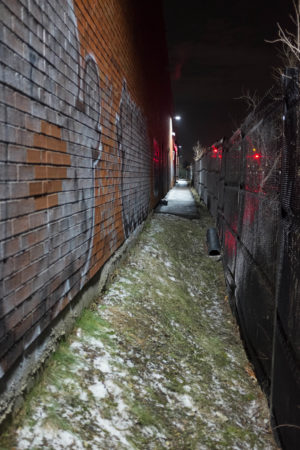Sources writing about the fossil fuel divestment movement sometimes seem to think that 350.org and “Fossil Free” are distinct organizations, despite the footer at https://gofossilfree.org/ reading “Fossil Free is a project of 350.org”.
In part, this may be because of how easy it can be with 350.org to confuse branding with organizations. The clearest example which I know of is “350 Canada”. It’s an organization in the sense that you can sign up for a newsletter and track their social media channels and other publications, but not in the sense that you can attend a meeting, see the internals of how their strategic planning happens, or take part in that planning yourself. When they hold calls that people from their mailing lists can attend, it is for them to be told what to do using a pre-determined plan and messaging. Their work is grassroots in implementation, and in terms of the aesthetic that motivates 350’s staffers in Canada, but not in the sense of actually giving influence or input to movement members at the ground level. To me, this seems at odds with the long-standing slogan: “350.org is building a global grassroots movement to solve the climate crisis”.
That’s by no means entirely a bad thing, since developing a coherent and well-developed political strategy isn’t something amateurs are great at (witness the failure to cohere around a genuinely popular and effective agenda in the Occupy movement). I also don’t think hypocrisy is necessarily a productive thing to focus on. At the same time, an organization controlled by a small group of staff members who share many of the same assumptions and preconceptions about what kind of change is desirable and how to achieve it risks ending up talking only to itself and core supporters, without much influencing the mass public or mainstream political dialog. Being in a vanguard can usefully let you get ahead of the public on an issue they haven’t properly come to terms with, but it can also isolate you from the public in a way that is hard to perceive from the inside and which inhibits the organization’s prospects for achieving real-world change.





